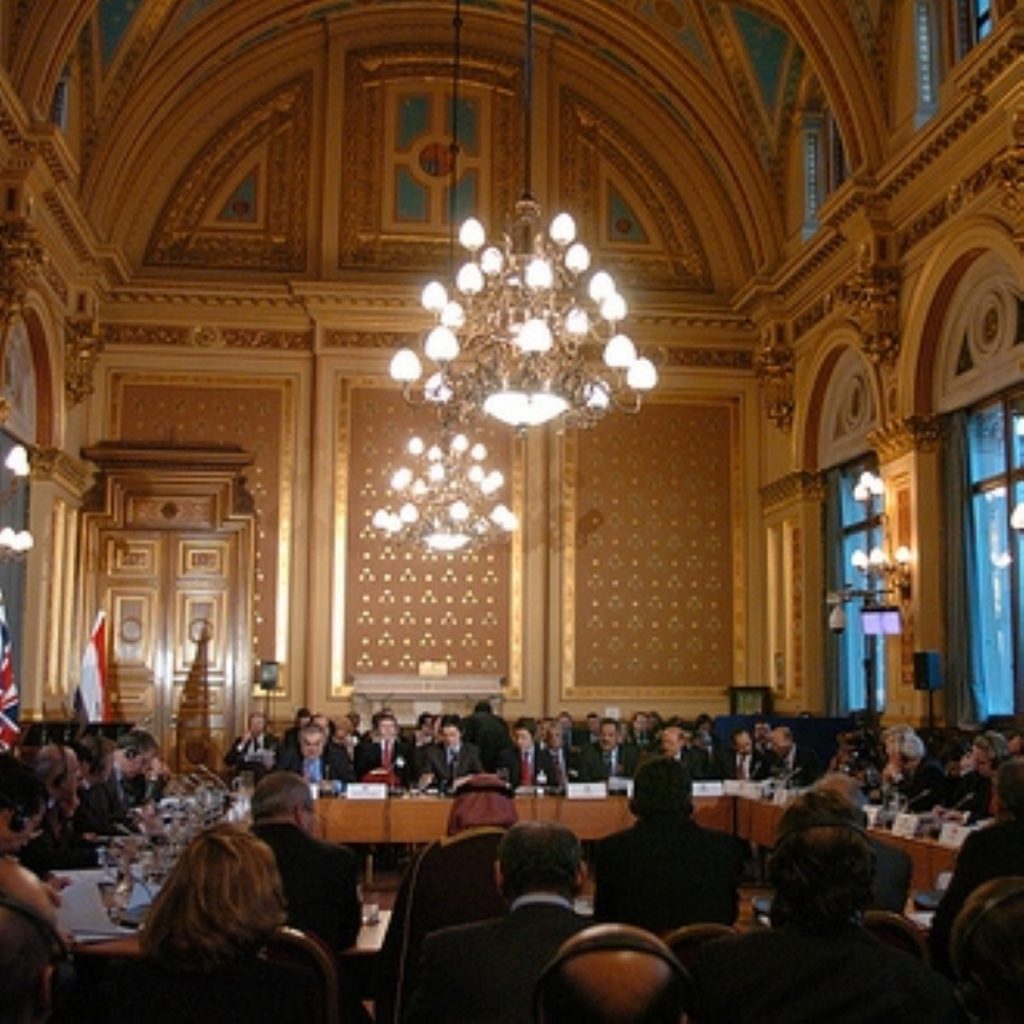London meeting brings Yemen focus
The international community has agreed a “comprehensive approach” to growing instability in Yemen after yesterday’s meeting in London.
Representatives of 21 countries attended the two-hour meeting at the Foreign Office as protestors marched on Whitehall.
The Middle Eastern state is emerging alongside Somalia as a second lawless area where weak governments are enabling al-Qaida to flourish, after the Afghan-Pakistani border.


“We have to do more but we have to work in conjunction with the government of Yemen. However, the government of Yemen must also do more,” US secretary of state Hillary Clinton said.
Their support for Yemeni unity was a reflection of Yemeni’s divided society. Separatists in the oil-rich south are intensifying their demands to separate from the north, which has traditionally been stronger politically.
As oil wealth declines in the Arabian peninsula’s most populous state the country is becoming more and more destabilised, making it an ‘ungoverned space’ where al-Qaida is flourishing.
Its leaders claimed the Christmas Day bomb plot, which saw a terrorist attempt to destroy a passenger aircraft bound for Detroit, had been trained in Yemen.
Foreign secretary David Miliband, who chaired the meeting, said: “It was clear that economic and social reform by the government of Yemen was key to long term stability and prosperity.
“It was agreed that a comprehensive approach was needed, with strong support from the international community.”
The British government provides money for counter-terrorism, which forms part of the £7 million of development aid spent on policing and justice.
It does not officially comment on money spent on supporting its intelligence services and other counter-terror agencies, however.
Yesterday’s meeting resulted in the launch of a Friends of Yemen international group, which will hold its first meeting in the region in late March.
It also saw the international community commit to enforcing UN sanctions and engage with Yemen in attempts to build “law enforcement, legislative, judicial and security capacities”.
Forty-one per cent of Yemenis live below the poverty line.

